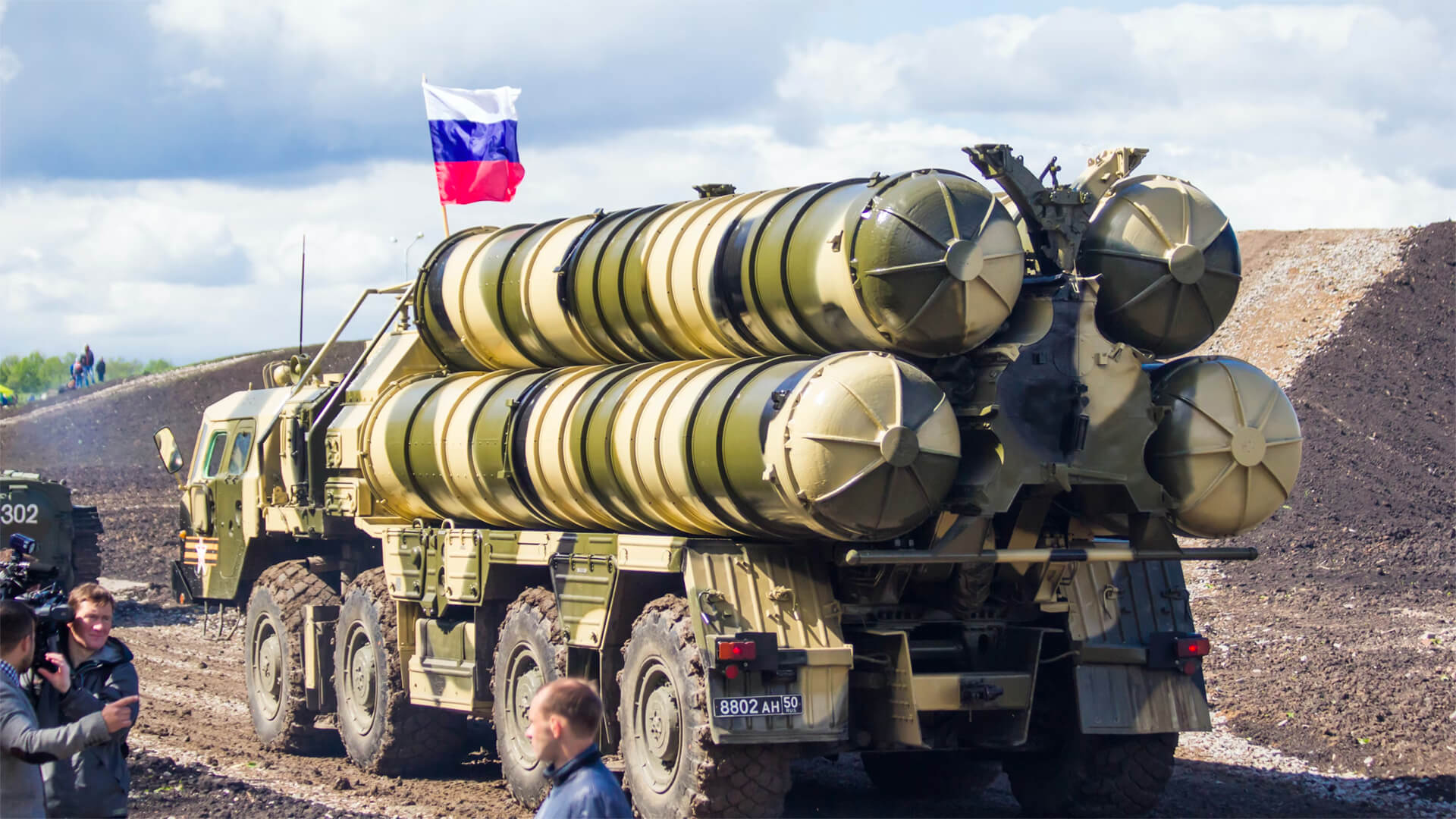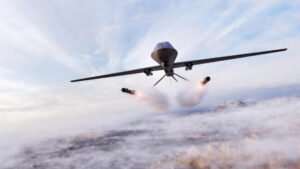If you were hoping to start your week off with some cheery news – it might be best to skip this video. Russia has stepped away from the Comprehensive Test Ban Treaty, so we have plenty to discuss today.
My initial concerns aren’t about a return to nuclear testing but rather a much darker scenario – that control of Russia’s nuclear arsenal may be compromised. We’ve already seen failures and cracks throughout the Russian military, but have those vulnerabilities made it to the nuclear program?
If Putin hits the shiny red button and nukes take off, we know how that ends..but what happens if Putin hits that button and nothing happens? I’d prefer to keep that can of worms shut, but we’re nearing a reality where that might not be possible.
Here at Zeihan On Geopolitics we select a single charity to sponsor. We have two criteria:
First, we look across the world and use our skill sets to identify where the needs are most acute. Second, we look for an institution with preexisting networks for both materials gathering and aid distribution. That way we know every cent of our donation is not simply going directly to where help is needed most, but our donations serve as a force multiplier for a system already in existence. Then we give what we can.
Today, our chosen charity is a group called Medshare, which provides emergency medical services to communities in need, with a very heavy emphasis on locations facing acute crises. Medshare operates right in the thick of it. Until future notice, every cent we earn from every book we sell in every format through every retailer is going to Medshare’s Ukraine fund.
And then there’s you.
Our newsletters and videologues are not only free, they will always be free. We also will never share your contact information with anyone. All we ask is that if you find one of our releases in any way useful, that you make a donation to Medshare. Over one third of Ukraine’s pre-war population has either been forced from their homes, kidnapped and shipped to Russia, or is trying to survive in occupied lands. This is our way to help who we can. Please, join us.
Transcript
Hey everybody. Peter Zeihan here coming to you from the California coast. And it is the 2nd of November. And the big news today is the Russians have withdrawn from something called the comprehensive test ban Treaty, which aims to ban all tests in all forms of all sorts, all types of nuclear weapons. It’s a little bit different from most of the arms control agreements that exist in the world.
Most of the effective ones are bilateral treaties between the United States and the Soviets, plus Russians that have dealt with nuclear ceilings and the numbers of weapons and their stationing and their dispositions, and sometimes even down to conventional weapons. And most of this proliferation excuse me, most of this none proliferation regime is in danger right now because the Russians have stopped enforcing or have simply pulled out of treaty after treaty, prompting the Americans to follow suit.
The city. But never entered into force, however, because it was a multilateral effort, unlike all of the Cold War treaties where Moscow and Washington sat down across a table from another to hash out the details, sometimes with London or Beijing or Paris in tow. The city beat was always a multilateral effort that involved over 100 countries. And so when it was first adopted by the U.N. General Assembly back in the nineties, the hope was that we had entered into a fundamentally new era where everyone would agree that nuclear war is perhaps not something we should aim for because it came from the UNGA, because it wasn’t negotiated primarily by the nuclear powers.
The nuclear powers, for the most part, have not abided by it. It’s not that there’s been a huge amount of testing, but all the other powers have decided to. What’s the most polite way to say this? Pretend the treaty doesn’t exist. So countries like the United States and China have signed it. Same with India and Pakistan. But they never ratified it.
The Brits and the French have signed and ratified, but with a couple of exemptions in there. And now the Russians have basically joined the Americans and the Chinese and the Indians and the Israelis and everything, and basically saying that we’re not going to buy this by this at all. Now, it doesn’t mean that a return to nuclear testing is imminent.
In fact, there’s an open question of whether or not the Russians can even do a quality nuclear test any more longer. They’ve had a number of instances in the last three years where they’ve tested some of their ballistic missiles and they’ve discovered that a lot of them just don’t work anymore. And remember that if you’re going to test something that the world can see, you’re going to b, b that piece of hardware because you don’t want to look like a fool if it doesn’t work.
And the Russians on multiple occasions have looked like fools when it doesn’t work. So the real risk here isn’t so much that the Russians are going to test. The risk is whether or not their command and control over the nuclear arsenal is actually intact, because we have seen that the Defense Minister Shoigu has basically, even in the height of the war in Ukraine, continued to steal from the military hand over fist.
And you hope you hope that he’s not stealing a particularly interesting components from, say, the nuclear program, but the guy really has no ethics and no sense of patriotism. So you really can’t rule that out. The nightmare scenario for me remains is what happens if Putin hits the big candy like red button and nothing happens. And we now have seen on multiple occasions that American intelligence has penetrated so far into Moscow that we’re basically not even knowing what Putin has for lunch before he even wakes up in the morning.
And in that sort of a mire, what do you do when somebody tries to kill half a billion people but fails?








